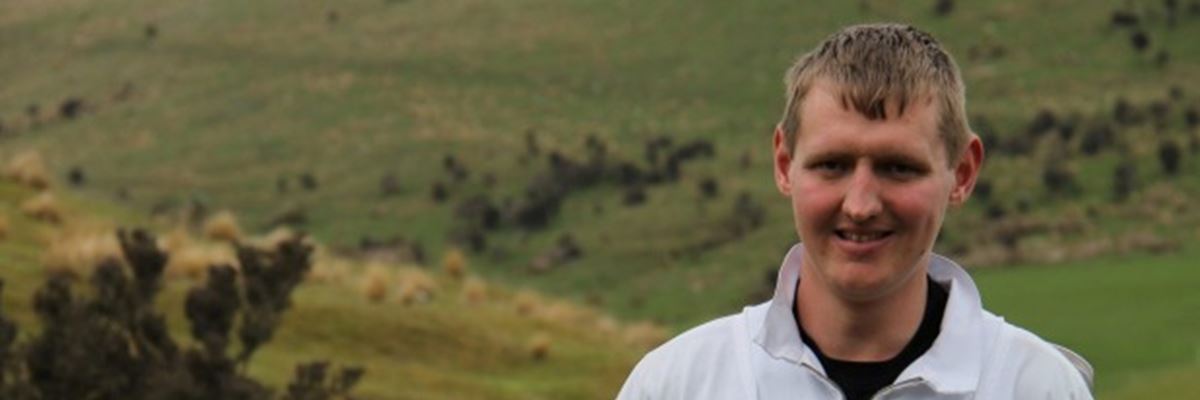Plan Bee in action in South Otago
06 September 2016
Research & Development
From the company’s beginning, one of its main priorities has been a focus on research to help secure the futures of both the company and their farmer clientele.
Work for us
Enquire about joining the Midlands Team.
06 September 2016

Young South Otago apiarist Reagan Martin has a bee-utiful thing going on with those winged pollinators and honey makers that our planet can't do without.
The 22-year-old Owaka man, who now works for Midlands Apiaries near Ashburton in Canterbury, returns home to the Catlins frequently to help with the family business, Martin Farm Honey.
It's where it all began for this accomplished beekeeper, who loved helping his dad Trevor tend the family hives, when he was just a teenager.
Bitten by the bee bug, he left South Otago High School at 17 with an NCEA Level 2, to become a trainee at Greenvale Apiaries Waikaka near Gore. During that time he also studied for a certificate in apiculture. He made the move to Canterbury, the crop seed bowl of New Zealand a year ago, for career advancement, where he is the Midlands Apiaries' beekeeper team leader. There he's breeding bees for seed rather than honey production.
"Up there we target bees for pollination, not honey flow; that's the difference between the two places."
The operations are set up quite differently as a result. Working in the pollination aspect of the bee industry highlights the fact that you don't get the things we take for granted, such as carrots, radish, canola and clover seed if you don't have bees; honey bees are used for much of the commercial pollination that occurs in New Zealand.
Bees have given him some international adventures. Two and half years ago, he spent the northern hemisphere summer in Saskatchewan, in west-central Canada's prairie and forest lands.
He encountered bears, who go after the hives, not just for the honey, but for the baby bees.
There he even unpacked the first boxes of New Zealand queen bees ever exported from the South Island.
It was a buzz to open up a crate, and to see that most of these regal insects had survived the journey.
He got involved with the winter planting of a bee-friendly farm shelter to get people thinking about ways to attract bees.
While in the United States the following year, he learned about the mass migration of hives transported by trucks all over the country, particularly to California's almond growing areas, for commercial pollination.
Looking towards the future, Reagan's keen to learn more about genetics and the science behind producing queen bees. It's safe to say he loves his bees.
"Bees are like babies. You feed them, then you put them to bed for winter, and you take care of them."